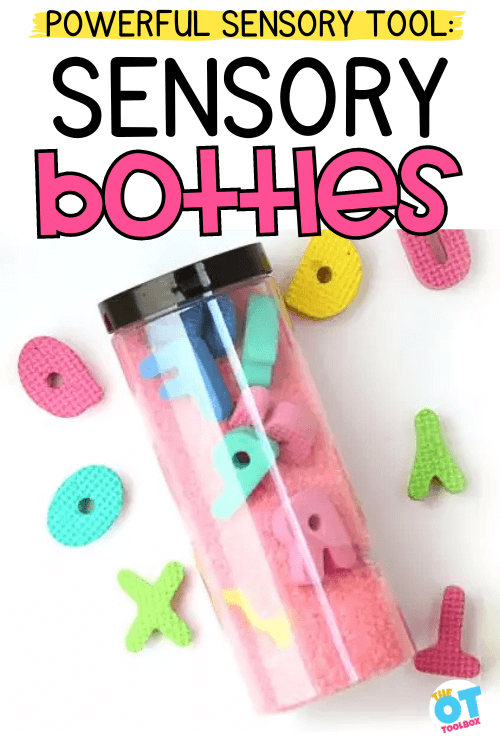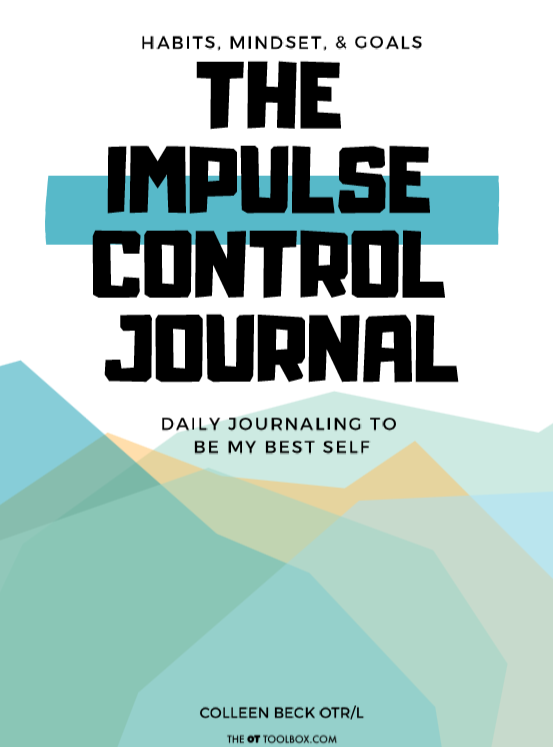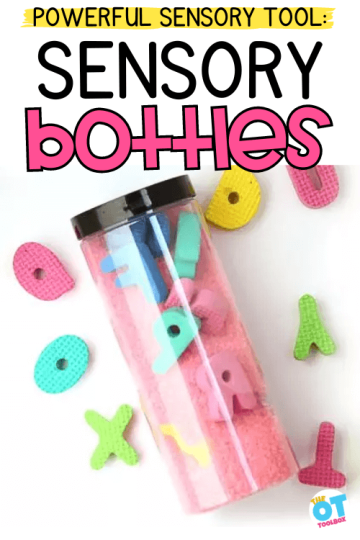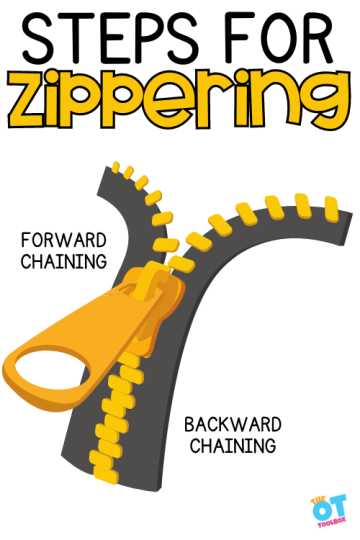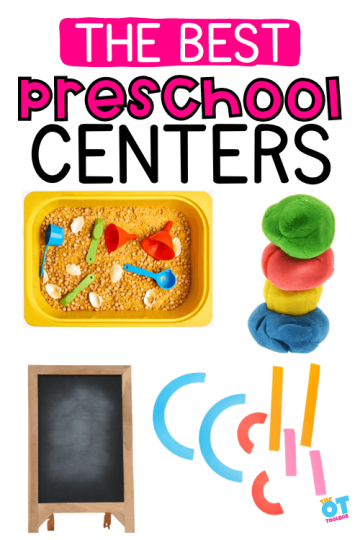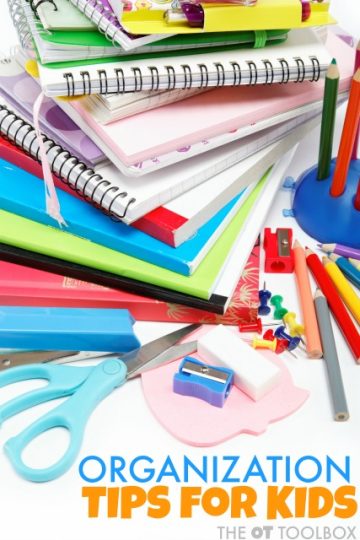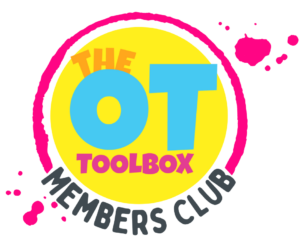In this blog we are covering what you need to know about executive function coaching, and how to use an executive functioning coach to best support cognitive skill needs. Whether as an adult with executive function, or a teen or child struggling with development of specific executive functioning skills, coach strategies can be a tool in the toolbox!
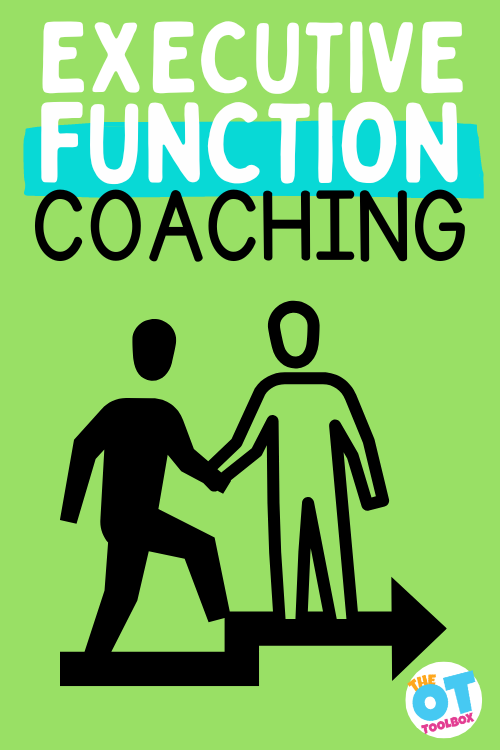
executive function coaching
Often when we think of ADHD (Attention Deficit Hyperactivity Disorder), a high-energy young boy “bouncing off the walls” is what comes to mind. While some cases present that way, it is far from the whole picture.
What many individuals with specific cognitive skill challenges are experiencing, including that energetic little boy, is called Executive Function Disorder (EFD).
Those with EFD characteristics experience difficulties managing activities in their daily life and can benefit significantly from an ADHD executive function coach.
HOW CAN AN Executive Function COACH HELP?
Specifically for attention and focusing considerations, an executive function coach is going to determine how specific challenges related to a diagnoses impacts this individual’s life.
Coaching executive functioning skills might include:
- Coming up with executive functioning skill accommodations
- Supporting complex tasks like organizing, decision-making, and handling stress
- Promoting development of skills such as attention to detail, working memory, and time management
- Providing tools to support organization, focus, and reducing distractions
- Streamlining functional tasks by creating “cheat sheets”, lists, and visual prompts
- Offering supports such as apps
- Helping to reduce clutter to limit distractions
- Coming up with schedules and plans for functional performance in the home, work, school, or community
- Helping clients create a plan for the day or week
- Offering tools for emotional support
- Providing resources on study skills
- Support the client to break down tasks into steps
- Supporting the development of mental dexterity in daily tasks
By being very specific about what is happening in the brain and how that is impacting their life, a coach can recommend tailored accommodations for their clients.
An executive function coach recommends great treatment options by being evidence-based. This means that anything they recommend for treatment should be backed by expert knowledge.
Supporting specific diagnoses with an executive Function Coach
The thing about our brain is that we need it to do every task, both big and small!
So, when things like staying on task, doing what you say you will do, meeting deadlines, and essentially functioning…is difficult, we can look at these tasks and see that there are cognitive skills that are needed to accomplish each task.
When you break it down, executive functions refer to the skills of the brain which allow us to manage ourselves…to get things done. These skills include areas like planning, prioritization, working memory, attention, focus, task complettion, etc.
However, executive function also refers to the processing of information in our brain and using that information. As a result we see areas such as managing our emotions, behavioral response, managing distractions, self-fixing to recognize when we are off track so wo can recover and accomplish a task at hand.
These skills allow us to do everyday activities from making a bowl of cereal in the morning to eating the meal, to cleaning up the bowl.
Without executive functioning skills, we end up hungry, living in a messy house, and in unsafe conditions. This is just a simplified example, but you can see how staying focused, problem solving, task completion, and using what we know (working memory) allows us to live as a functioning individuals.
One route to determining how it impacts their life is to fully understand their specific diagnosis. A diagnosis such as ADHD will have certain features that impact executive functioning skills and will differ from a diagnosis such as Down Syndrome which also has features that impact executive functioning. Each diagnosis will present differently, but an executive function coach can support these areas.
Likewise, executive functioning difficulties can present without a diagnosis in place. A coach will support the features of the challenges the individual has, which impact functional performance: school tasks, work tasks, daily life tasks, etc.
Let’s break down how a specific aspects of a diagnosis can be addressed with an executive function coach, based on an example diagnosis of Attention Deficit Hyperactivity Disorder.
There are three subtypes of ADHD, as characterized by the DSM-5:
1. Predominantly Inattentive
2. Predominantly Hyperactive-Impulsive
3. Combined Inattentive and Hyperactive-Impulsive
A good executive function coach is an expert in ADHD and will be able to understand which subtype their client has, and how it can affect their daily activities and relationships.
Luckily for practitioners, the subject of ADHD has been of high interest to researchers and funding sources, so there is a good amount of evidence to support claims.
This evidence is sourced from high-quality research articles, information from trusted organizations, and experiences from experts in the field. The best coaches provide for their clients by continuing to adapt as new information becomes available.
What does an Executive Function Coach Do?
Getting specific, executive functioning coaching may support individuals with accommodations, tools, and practice.
A coach will work with a client on developing and using skills to meet executive functioning needs.
Let’s discuss what an accommodation is, and why they are so often used for those receiving executive function coaching services:
There are two main pathways to intervention in therapy: changing the person to better the person OR changing the situation to better the person. Accommodations are used when the situation is being changed.
Executive Function coaching strategies include:
- Environmental Accommodations
- Adjusting the environment to increase attention and comfort. This may include different lighting scenarios, auditory adjustments (i.e. noise cancelling headphones, music for attention, limited sound distractions), flexible seating options, or location.
- Tools as Accommodations
- Memory and organizational tools such as post-it notes, color-coded items, visual ordering, graphic organizers, etc. (and a coach to initiate and educate on the use these tools)
- Timers, alarms, and schedules to reduce the symptom of time-blindness
- Supports for visual noise
- Specific apps for functioning and task completion. Here are occupational therapy apps that may work.
- Adjustments to School/Work Requirements
- Extra time or a separate location for tests, quizzes or other focused work
- Flexible work deadlines
- Movement breaks or “brain breaks”
- Additional processing time and/or multiple opportunities to learn a task
Additionally, an ADHD coach will work with their client to find what works for them in various settings, including:
- Attention-specific tools and practices based on what type of inattention is currently inhibited may be trialed for best outcomes.
- A Impulse control journal may be educated on and practiced with to reduce impulsive behaviors that are associated with some types of ADHD.
- Frequency and types of breaks to promote efficiency and reduce common ADHD burnout.
Executive functioning practice and trial- an EF coach will work with a client on trialing various strategies to see what works and what doesn’t. This can include things such as:
- Practicing use of timers, schedules, checklists, etc.
- Playing executive function games to develop skills.
- Trialing use of Alexa apps to support specific needs in timers, alerts, etc.
WHEN SHOULD I GET An Executive Function COACH?
Executive functions develop beginning in infancy and continue to develop well into adulthood.
Through that development, the symptoms of executive function disorder appear in different ways throughout one’s life. As we grow, our brains become more and more capable of completing complex tasks like organizing, decision-making, and handling stress.
Experts in the field of ADHD believe the same is true for those with executive function disorder – that the brain will continue to naturally develop skills over time, slowly making up for the deficit in functioning.
With that in mind, it’s easy to recommend executive function coaching at any age where the individual is symptomatic. However, as with most therapy, the earlier, the better. The sooner that an individual can learn about themselves, their needs, and what accommodations are helpful for them, the better the long-term outcomes.
As an executive function coach, much is identifying and analyzing problems, identifying solutions, choosing the best supports, selecting a plan of action, and implementing a solution. Then, look at the next problem or see how the solution did or did not work. This sounds a lot like OT, right??
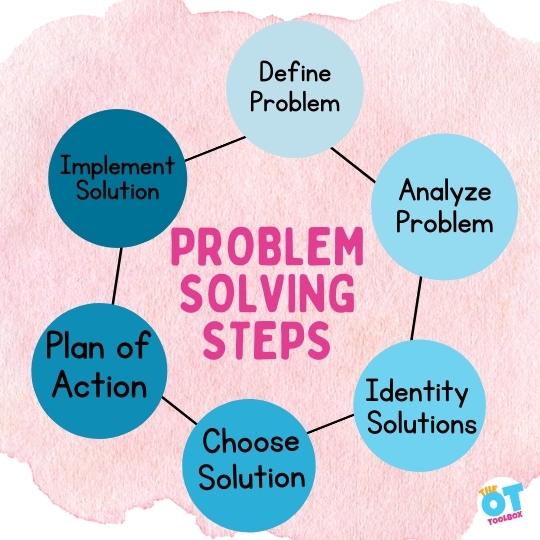
occupational therapy as an executive function coach
You’ve probably noticed throughout this blog post that the many ways that executive function coaching supports daily tasks, performance of functional skills, and environmental considerations. These are all aspects of occupational therapy, making OTs perfect coaches for executive functioning needs!

Sydney Thorson, OTR/L, is a new occupational therapist working in school-based therapy. Her
background is in Human Development and Family Studies, and she is passionate about
providing individualized and meaningful treatment for each child and their family. Sydney is also
a children’s author and illustrator and is always working on new and exciting projects.
The Impulse Control Journal…a printable resource for helping kids strategize executive functioning skill development. When saying “calm down” just isn’t enough…
When a child is easily “triggered” and seems to melt down at any sign of loud noises or excitement…
When you need help or a starting point to teach kids self-regulation strategies…
When you are struggling to motivate or redirect a child without causing a meltdown…
When you’re struggling to help kids explore their emotions, develop self-regulation and coping skills, manage and reflect on their emotions, identify their emotions, and more as they grow…
Grab the Impulse Control Journal to build organizational strategies, planning, prioritization, habits, and mindset in kids.

